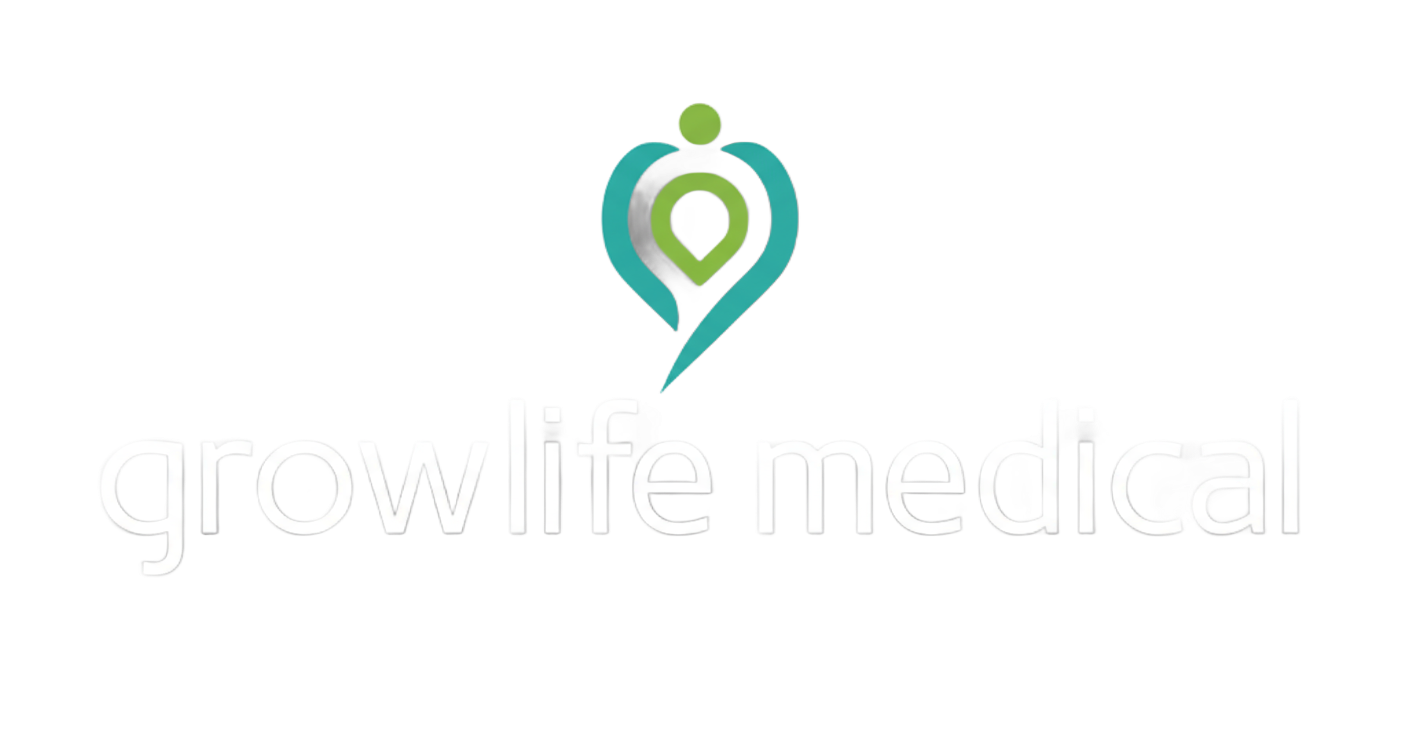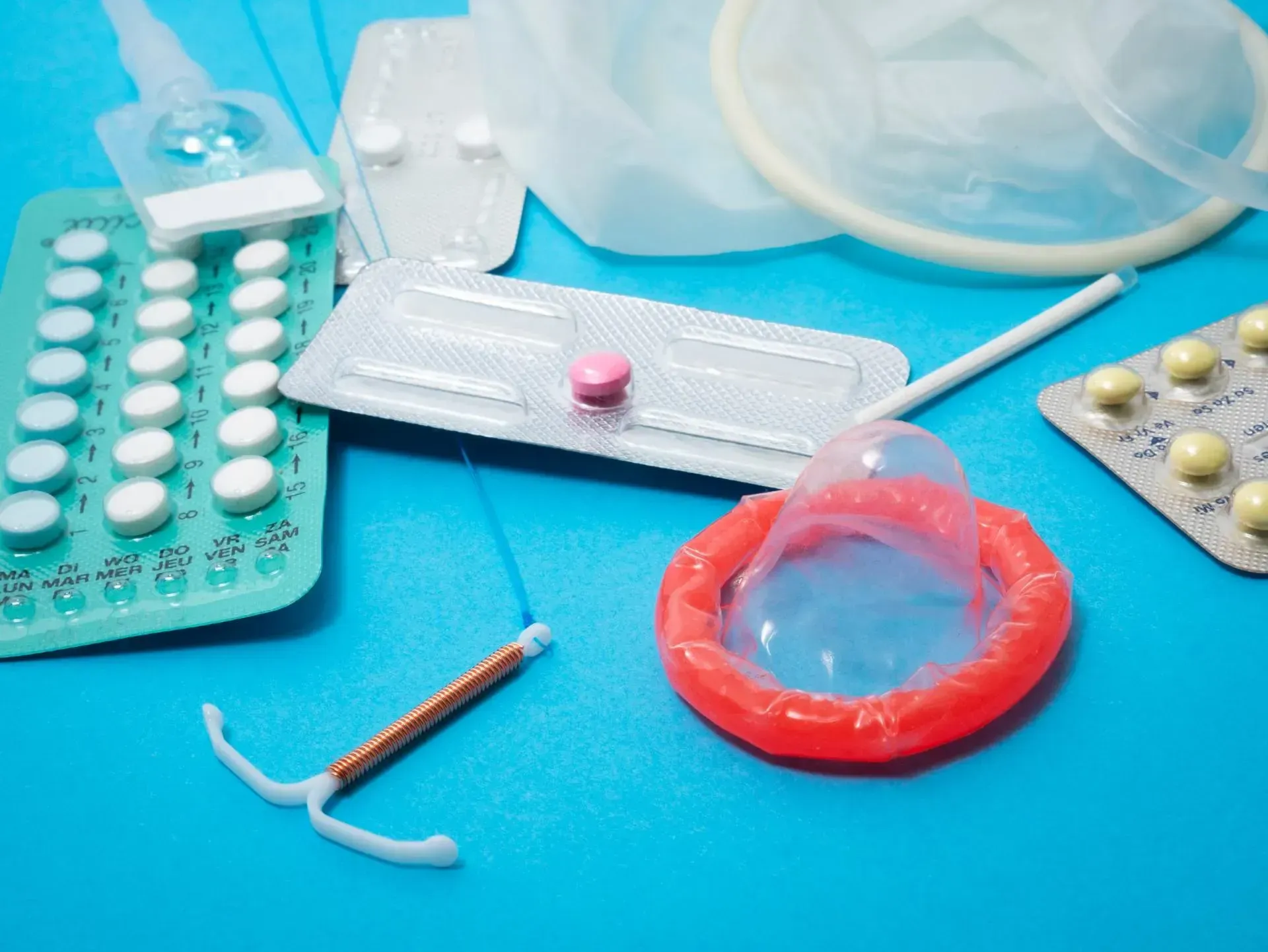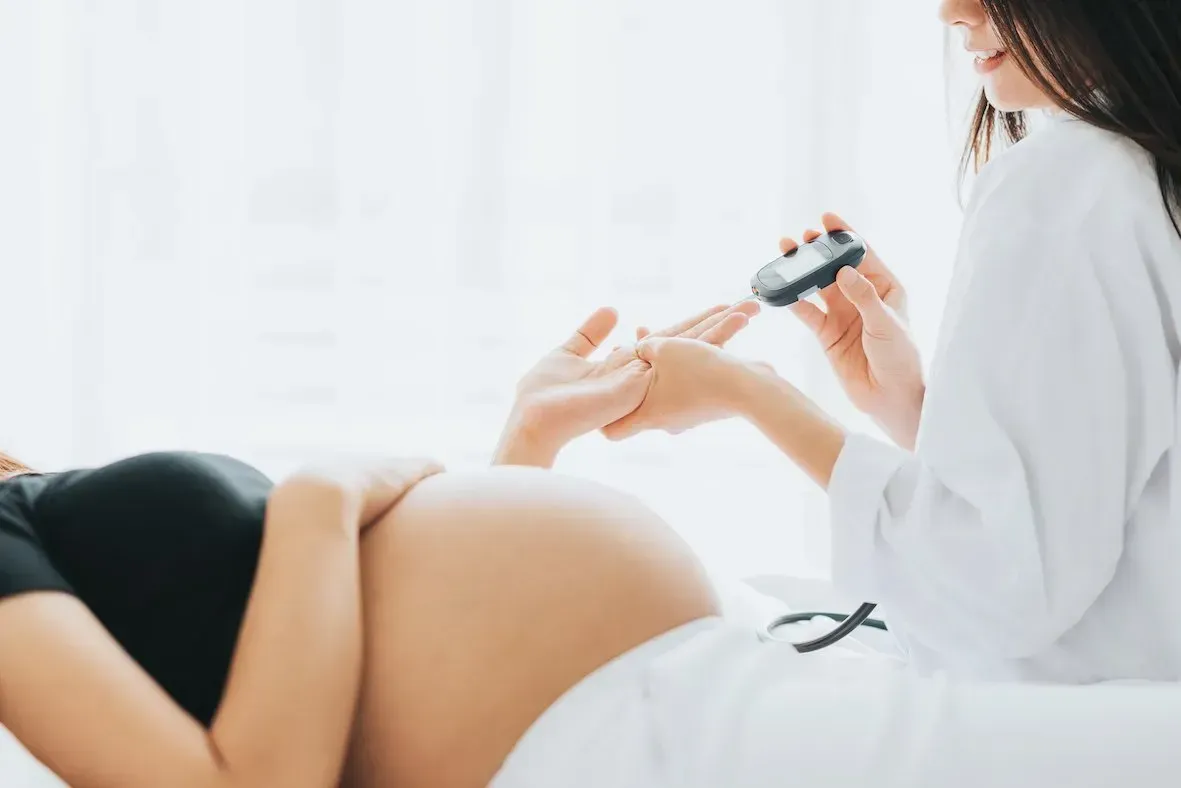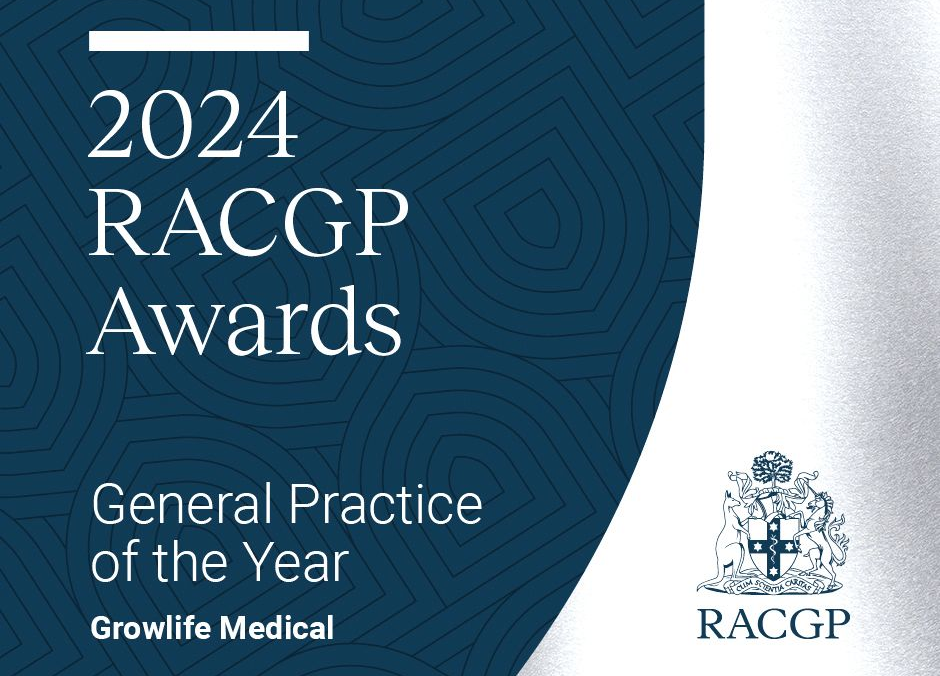Common Symptoms of Pregnancy (and How to Manage Them!)

Our GPs in Highgate Hill, Sherwood and Oxley love working with you, your midwife and obstetrician to ensure you stay healthy. Here Growlife Medical discusses some of the common symptoms women can experience in their first trimester of pregnancy and how to manage them.
Nausea & Vomiting
Commonly known as “morning sickness”, nausea and vomiting from pregnancy can actually occur at anytime of the day although a lot of women report it being worse first thing in the morning. It generally develops between weeks 4-9 of pregnancy and for the majority of women it will subside by 14 weeks. Some tips for managing include:
Avoiding an empty stomach by eating regular, small snacks
- Try to eat immediately on waking. For some women this will mean before they even get out of bed. This is the time when having a few crackers on the bedside table or a partner to fetch you a piece of toast can be helpful.
- Avoid over-eating at meal time as a really full, distended tummy can also make nausea worse
- Stick to low fat, carbohydrate based foods such as toast, pasta and crackers
- Avoid strong tastes and smells that you know trigger your sickness
- Drink plenty of fluids but again have this in regular, small amounts as sometimes over-filling with water can also make you feel sick. Sometimes flavoured water or sparkling water can help.
- Sometimes women will need medication to help manage nausea and vomiting. If the suggestions above are not enough, then speak to your GP, Midwife or Obstetrician.
Fatigue
Some women find that they feel exhausted in the early stages of pregnancy and they are not alone. It is tough work creating a new life and your body is working on over-drive. Whilst fatigue can be troublesome at any stage of pregnancy, a lot of women report it being worse in the first and third trimesters. It is important to ensure that other causes for fatigue are considered such as low iron and abnormal thyroid function. But otherwise remember to give yourself a break, take a chance to have an afternoon siesta and accept support from family and friends to help out.
Reflux
Reflux can become problematic in pregnancy even from early on. It makes sense that the growing uterus starts to put pressure on other organs in the abdomen including the stomach. But even in early pregnancy, the extra hormones running around the body can lead to relaxation of the oesophageal sphincter (the valve that stops food from regurgitating back into the food pipe from the stomach) and lead to reflux symptoms. Some things to help include trying to eat small, regular meals and remaining upright after a meal. Identifying and avoiding trigger foods such as caffeine and spicy food is also helpful.
Constipation
Just like reflux, pressure from the growing uterus and hormonal changes can also make constipation a problem for some women in pregnancy. It is really important to not ignore this as good bowel function is important to protect the pelvic floor in pregnancy. Make sure you are drinking plenty of water, trying to eat high fibre fruit and vegetables and staying active. If constipation is troublesome then medication may be needed so make sure you chat to your GP, Midwife or Obstetrician.
Increased vaginal discharge
It may not be something you commonly sit around and talk about with your pregnant friends but many women will experience an increase in discharge in pregnancy. So just because others aren’t talking about it, doesn’t mean they aren’t experiencing it. It is quite common for women to experience an increase in vaginal discharge which is generally clear to white in colour and quite liquid. If you notice any change in colour, offensive smell or itch then make sure you get it checked out.
Pregnancy and Early Life Care at Growlife Medical
We hope you enjoy the experience of growing a new member of your family. We believe that pregnancy is a time where the focus on your health can make a life long impact in improving not only your own health, but also your child’s health. A relationship with your GP through pregnancy means that the days and months afterwards form part of a shared journey, which makes for a great start to your baby’s life. Our team of midwives, lactation consultants, GPs and allied health practitioners can’t wait to meet you!
Book Online Now to start your journey to better health.










